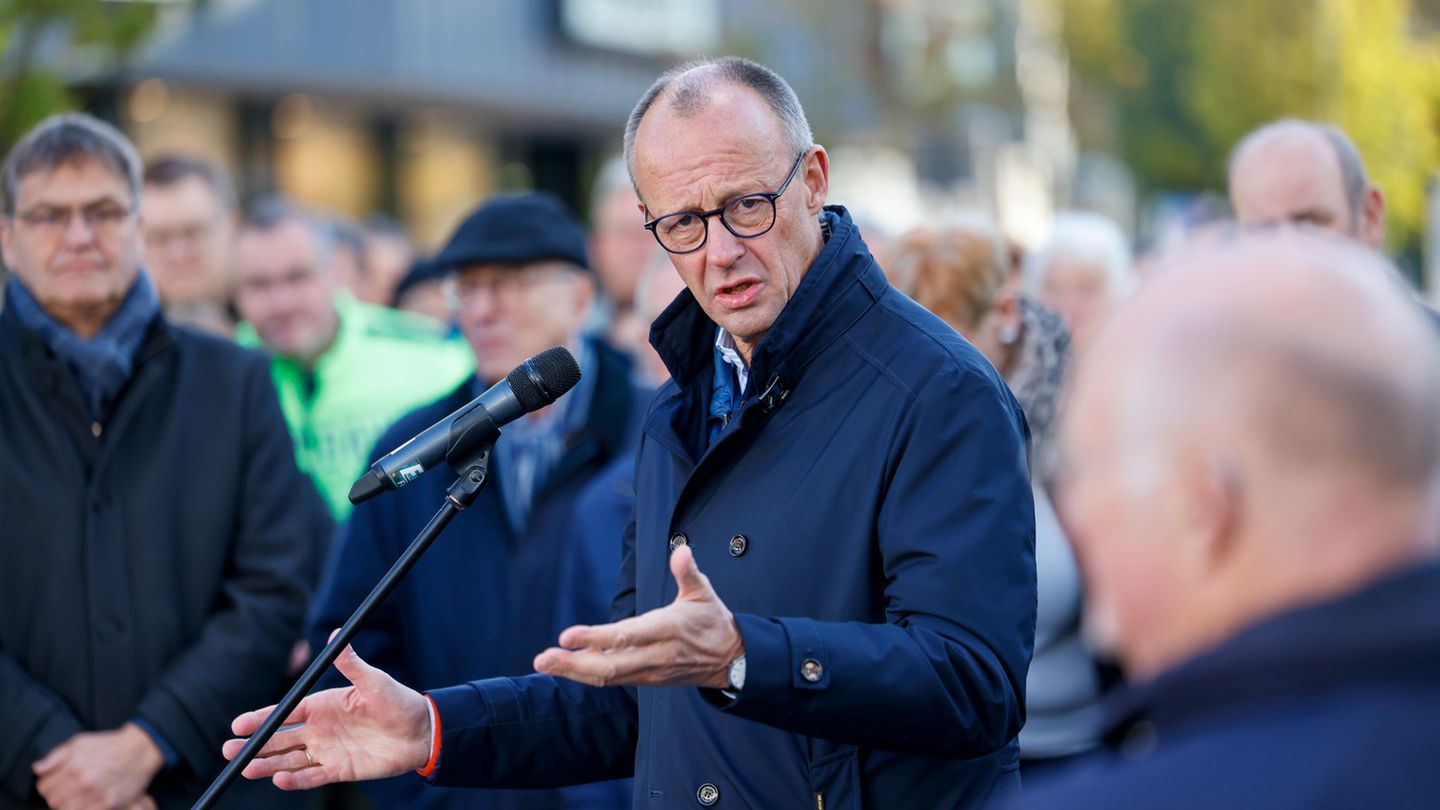Buses and trams remained in depots in many cities on Thursday. Today Verdi wants to expand the warning strikes in local transport again. Support comes from the climate movement.
The second round of warning strikes by the Verdi union in local public transport (ÖPNV) reaches its climax today. The union announced that there will once again be far-reaching restrictions on bus, subway and tram traffic in dozens of cities and districts.
The industrial action began in many places on Thursday. Other unions had already called for work stoppages in public transport in some places at the beginning of the week, including in Berlin.
Supporting Fridays for Future
Today Verdi wants to expand the strike again. While it is supposed to end at 2 p.m. in Berlin, in many other federal states it will last until Saturday night. The union is receiving support in its industrial action from the environmental movement Fridays for Future (FFF).
Both organizations have been cooperating in the “We ride together” alliance for several years. FFF has called for a nationwide climate strike today and more than 100 rallies and demonstrations across the country.
The central theme of the demonstrations will be the struggle of public transport employees for better working conditions, it was said. “While the government is lost in the dispute, Fridays for Future and Verdi stand united and fight together for climate protection, good jobs and long overdue investments in public transport,” said activist Luisa Neubauer.
Restrictions on local transport
Due to the labor dispute, many passengers are once again having to adapt to far-reaching restrictions on local transport. In many places, public transport is once again coming to a complete standstill. Numerous cities and communities in Berlin, North Rhine-Westphalia, the southwest, Lower Saxony and Thuringia were already affected on Thursday.
Verdi is currently negotiating in parallel in a total of 14 federal states, primarily about better working conditions for employees. In some countries it is also about more money. The focus is primarily on demands for a reduction in weekly working hours, for example in Hamburg, or for more vacation days and longer turnaround times, for example in Berlin.
There are no negotiations in Bavaria because the current collective agreement there is still running. There is now a degree in Saarland. There are no strikes there either.
Source: Stern




